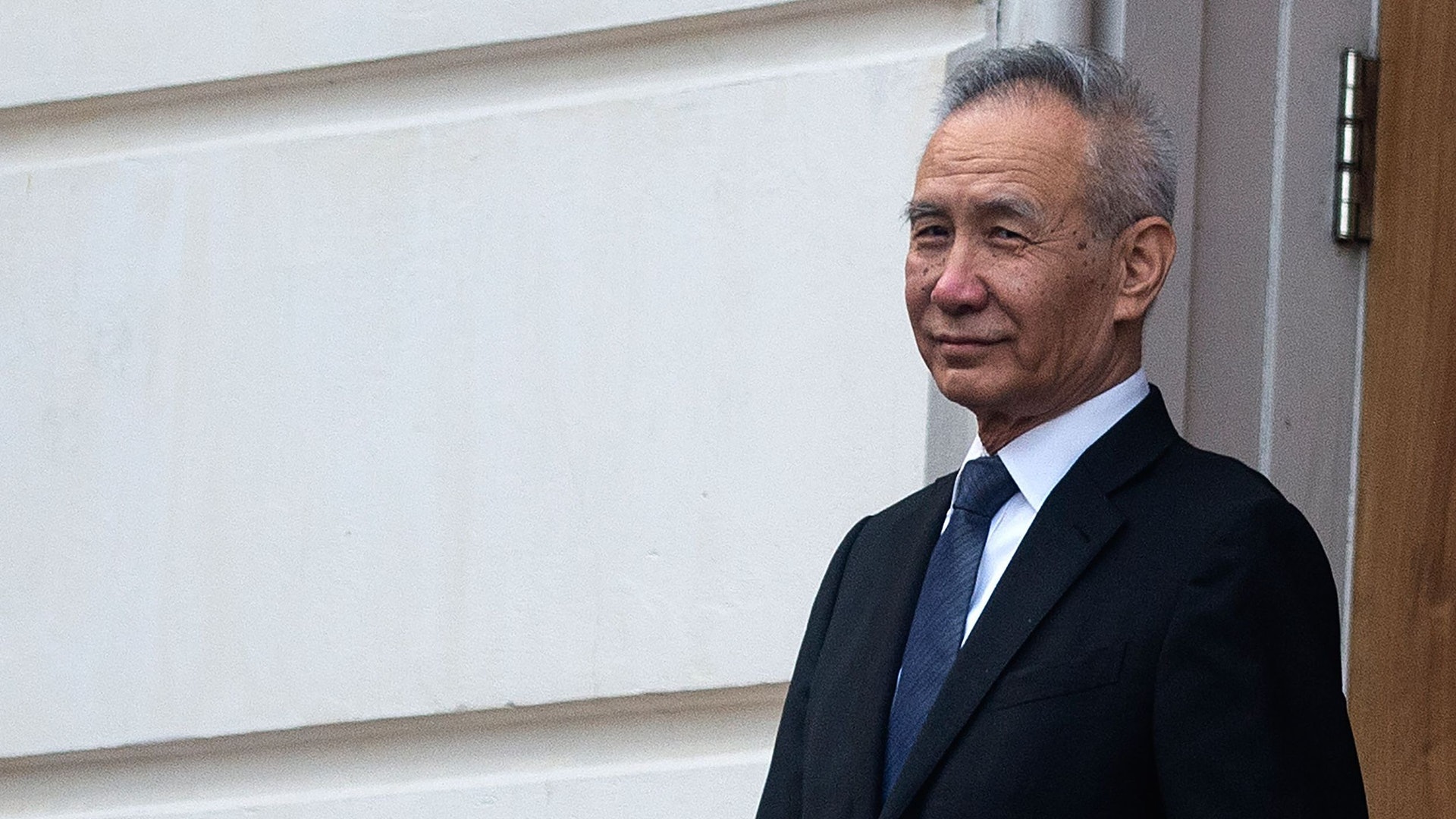The China-US trade war continues. After China exempted some US products from taxation and the United States deferred tax on Chinese goods, the two sides released goodwill. Chinese Vice Premier Liu He said on September 12 that the Chinese and American working groups I will meet next week and exchange ideas on issues such as trade balance. The Ministry of Commerce mentioned that Chinese companies have begun to ask for US agricultural products such as soybeans and pork, and US President Donald Trump immediately said that China is expected to purchase huge amounts of agricultural products.
Liu He: Welcome the US to postpone the increase of tariffs
On the same day, Liu He should meet with Evan Greenberg, chairman of the board of directors of the US-China Business Council. He said that the US has just announced that it will postpone the tariff increase on October 1. The Chinese side welcomes this. He also pointed out that the Chinese and American working groups will meet next week and will discuss issues such as trade balance, market access, and investor protection.
The same field of Greenberg said that the US business community is reluctant to see the increase of tariffs. He hopes that the United States and China will resolve their differences through consultations and resume normal economic and trade exchanges. The US-China Trade National Committee is willing to play an active role in this regard.
Ministry of Commerce: Chinese companies began to ask for agricultural products
After the peak of the spokesperson of the Ministry of Commerce of the People’s Republic of China, according to the agreement between the leaders of China and the United States last week, the working layers of the two sides will meet in the near future and carry out serious consultations to fully prepare for the next high-level China-US economic and trade consultation.
Regarding the restoration of agricultural products imported from the United States, Gao said that Chinese companies have begun to make inquiries on the procurement of US agricultural products. Soybeans and pork are all within the scope of the inquiry.
The Customs Tariff Commission of the State Council announced the first batch of the first exclusion list of tariffed goods from the United States and Canada. The Ministry of Commerce stated that there are three main criteria for the Chinese to review the application for exclusion: First, it is difficult to seek alternative sources of goods; It is the increase of tariffs that causes serious economic damage to the applicants; the third is that the increase of tariffs has a major negative structural impact on the relevant industries or has serious social consequences.
Gao Feng said that in the next step, the State Council Tariff and Tariff Commission will continue to carry out the elimination of tariffed goods in the United States and Canada according to the application of Chinese enterprises, and publish the follow-up batch exclusion list in due course.
Trump: China will buy huge amounts of agricultural products
After the news that China has begun to ask for the price of agricultural products, US President Trump is eager to wait. He posted a post on social networking sites, pointing out that “China is expected to buy huge amounts of American agricultural products!”
The differences between the two sides are still big
Senior Chinese and US officials will hold a new round of trade talks in Washington in early October. Both parties will release goodwill before the negotiations. China announced on September 11 that it will impose tariffs on 16 US exports to China.The US side announced on the same day that at the request of the Chinese side, the original arrangement for raising the tariff of US$250 billion on Chinese goods to 30% on October 1st was postponed until October 15..
However, the differences between China and the United States are still big. The outside world is concerned about whether the two parties can reach an agreement. The Wall Street Journal quoted the news report that the Beijing government intends to narrow the scope of discussions on China-US trade negotiations.Handle the difficult national security issues separately, in order to break the negotiation deadlock and increase the chances of reaching an agreement.












